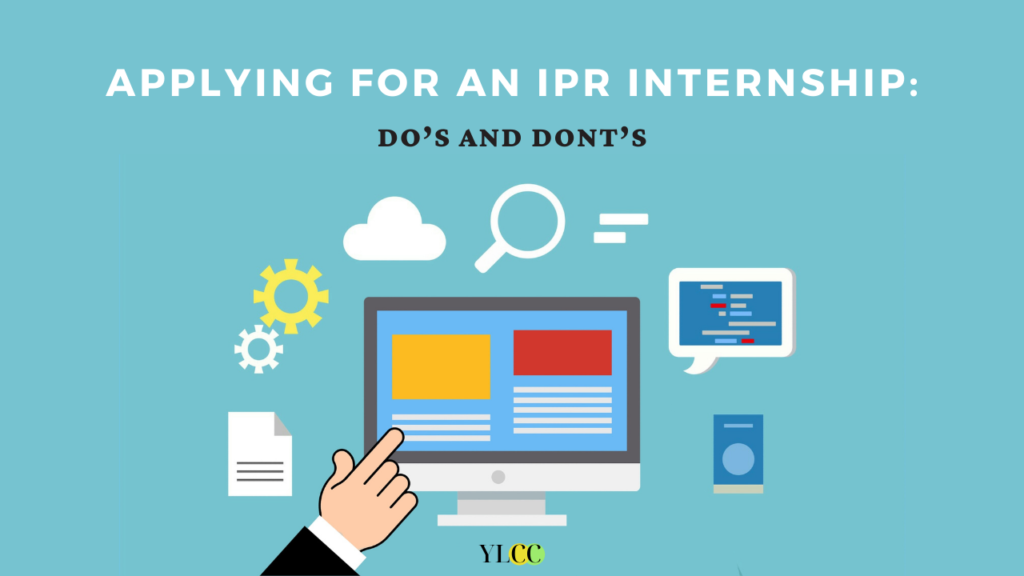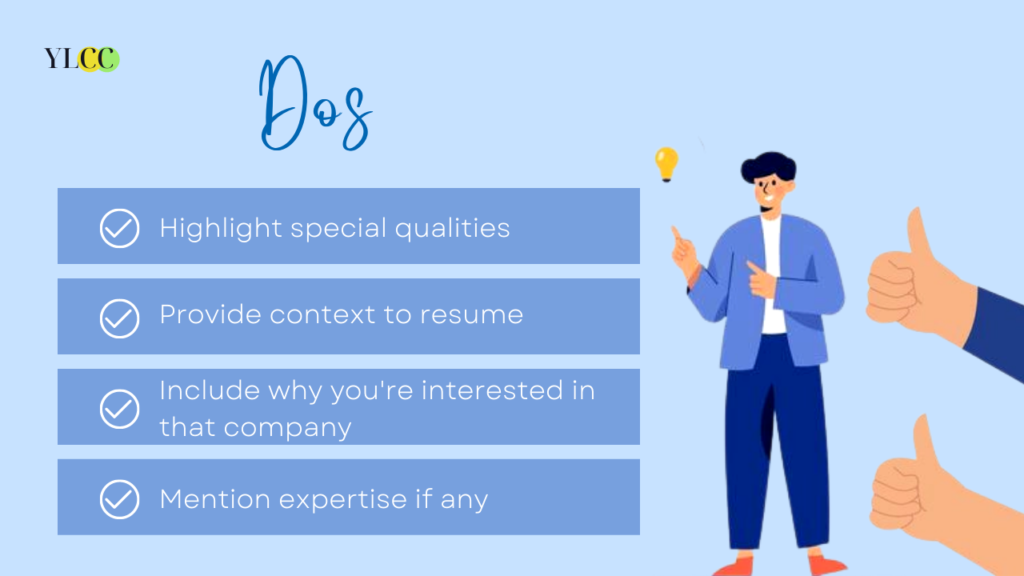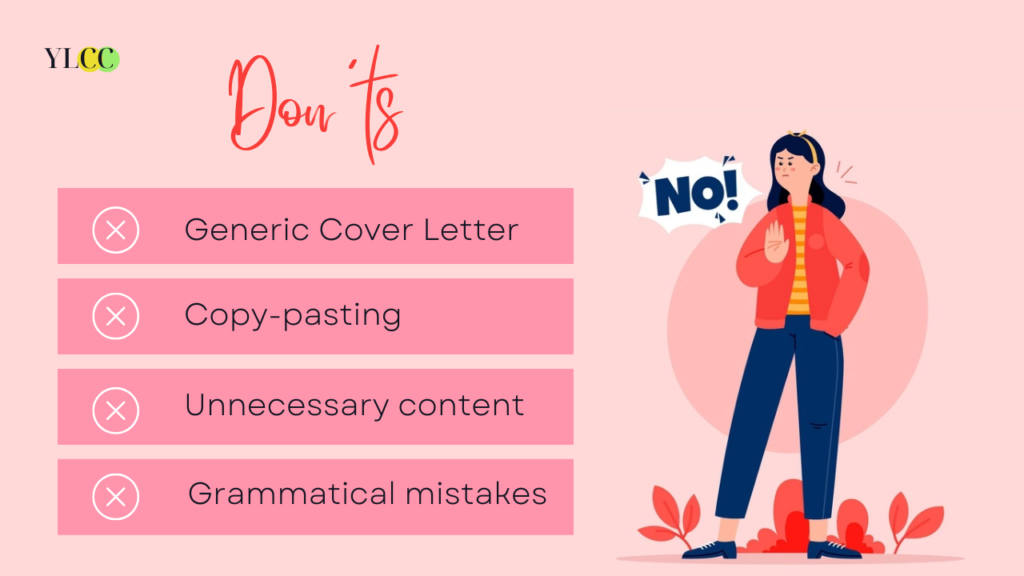
Introduction
The intellectual property laws (IPR) protect the valuable creations of inventors and creators. Global trade practices and lifestyles are increasingly focused on IPR in the current global scenario. IPRs foster innovation by providing recognition and financial rewards to creators or inventors, but an insufficient understanding of IPRs and their implementation may hinder the nation’s economic, technological, and sociological advancement. Any nation that seeks to protect its intellectual property must prioritize its transmission and execution. The concept of the intellectual property refers to the idea that the human brain can be used to create and be creative. A great deal of personnel, time, energy, expertise, money, and so on are needed to innovate or produce something new. It is the idea that led to the innovation or creation that is an intangible property of the inventor or creator.
As a result of the development of Intellectual Property Rights in India, there has been an increase in several sectors, including the commercial and educational sectors. India has witnessed an explosion in the market for Intellectual Property since signing TRIPS (Trade-Related Aspects of Intellectual Property Rights). Some lawyers charge between $500 and $1500 an hour for patent work in the United States. The cost of obtaining a patent in India varies from Rs. 75000 to Rs. 200,000. Lawyers and young law graduates cannot afford to overlook a career in patents and other intellectual property matters when India is becoming a hotbed for start-ups and R&D centres.
You can gain a competitive advantage if you do an internship at a tier 1 law firms such as SAM, Luthra & Luthra, AZB, Khaitan and Co, or Trilegal. The problem with these firms, however, is obtaining an internship. Each year, large law firms accept thousands of interns, but tens of thousands apply for internships each month. Many internships are awarded to those selected by recruitment committees at a few well-known law schools based on recommendations from very high-ranking individuals. In many cases, we remain deceived by others who apply for internships at law firms, including midsize firms and smaller firms, in the hopes of receiving even one response.
Therefore, it is important to understand some “do’s” and “don’ts” before/after applying for an internship in the IPR field. Read on!
Creating Resume

The Dos:
- Make sure your resume contains all the information you need about the IPR field. Work experience, school activities, leadership roles, technical skills, and study abroad opportunities are all things that may distinguish you from others.
- Make your resume one page long and easy to read so that employers can get an understanding of who you are.
- Making a good first impression on an internship employer is your first step in landing an internship.
- Seek help/advice from a legal career coach who can provide you with a road map to move forward.
The Dont’s:

- You shouldn’t include irrelevant information when sending your Curriculum Vitae (CV) to potential employers, such as, providing work experiences that are entirely different from the IPR field, or providing with school activities that are not important, or providing the published articles/papers opposite to the IPR field.
- Do not include hobbies and other personal details, unless necessary, in your resume because these details take up valuable space.
The Cover Letter
The Dos:
- In a cover letter, you provide context to your resume. These sections are where you tell employers and hiring managers why you’d be a good fit for them, what skills you can bring to the table, and why you’re interested in working for them.
- Ensure your cover letter appears authentic by highlighting any special qualities of the position you’re seeking (i.e. whether you have expertise in patent filing, or trademarks, or copyright, or industrial design, etc.), or why you’re interested in that particular company.
- Ensure to only include the information required, just like your CV.
The Dont’s:
- According to most hiring managers, a generic cover letter is one of the most common mistakes job applicants make.
- Hiring managers will likely disregard your cover letter if it appears to be copied and pasted.
- Your cover letter shouldn’t include anything that isn’t necessary and make sure it’s grammatically correct.
Preparing For The Interview
The Dos:
- When it comes to interviewing, the adage “practice makes perfect” could not be more true. Practice doing mock interviews with lecturers of your college/university who have expertise in the IPR field or a career-oriented group, and practice with friends who have been through the process and are also inclined towards the IPR field.
- You should understand how to describe yourself and how to relate your past internship experiences with the previous IPR law firms.
- Preparing interview questions for the interviewer is a good idea. These questions will improve your chances of standing out.
- If it is relevant to the job, inquire about the company culture, how the interviewer got the job or anything else that may be relevant.
The Dont’s:
- Even though a good first impression is crucial during an interview, it is not acceptable to take the interview lightly. Research the company you want to work for before your interview.
- Avoid making inappropriate jokes or asking about the interviewer’s personal life throughout the interview. When it comes to work-life balance, there is a difference between asking about it and being intrusive.
The Basics
- The firm and the workforce: Before applying for an internship, you must learn as much as possible about the founders, partners, senior/principal associates, associates of the law firm, or the respective MNC. Putting in the time to research the organization and the people associated with the IPR team of the respective company will give you a much better chance of making a favourable impression.
- References: Consult the individuals who will be serving as your references (prior employers, senior associates, associates, etc. of the IPR team). Discuss what specific types of experience and abilities are required for the IPR role as soon as you apply.
- How and when to apply: Lawctopus has contact information for the top-tier law firms, so you can easily apply for internships and jobs there. Other partners’ emails can also be found on their websites. They are useful for sending your CV and following up. Applicants should apply no later than 3-4 months in advance and non-NLU students should apply during the non-internship season. Internship applications hit law firms less frequently during certain months. You should consider interning during college holidays if you can manage them.
- Proper formatting: Almost everyone falls into this trap at least once in their lives. When you write cover letters in plain English with lots of text, you are perceived negatively. Your chances of landing a job will plummet if you submit that material to HR. It will help you to stand out from the crowd because many cover letters and CVs lack proper formatting.
YLCC would like to thank Nikunj Arora for his valuable inputs in this article.






